"Science without religion is lame, religion without science is blind.” Paraphrase these words by Albert Einstein as insight without thinking does not go very far, as well as thinking without insight does not give a full picture.
Humans acquire knowledge in different forms, but one thing is universal for all: theory and practice are inseparable. Ido Portal in many of his interviews describes what he is doing as “creating common terminology”, what exactly does he mean by that?
We can highlight two types of terminology when creating a learning process. Type 1 terminology: verbal, from person to person. We need to speak a common language if we want to be able to communicate with each other. There are names and categories to things, which makes it possible for each member of the group to understand the rest. We need to be able to discuss concepts and underlying meaning, single elements and systems, and by doing so we build a structure within which verbal communication between members of the group is possible. However, verbalizing and processing information cognitively is not enough to truly understand something. There is another type of terminology that we need to operate with, we'll denominate it type 2 terminology. It refers to the expressions within one’s own consciousness and refers to an embodied understanding of the principle and capacity to apply it on practice with high level of efficiency. Sometimes this type of terminology is hardly transferable into language, but through analyzing and describing it to yourself and others, it can be shaped into transmittable information.
Each of these types of knowledge can exist without the other, and often do, but by itself neither is enough. If I can experience something but am not able to describe it – how can I communicate the information about it onward or analyze it for my further growth? The same is true if I know something in theory but have never applied it to practice – how do I know if I am not making incorrect assumptions? Imagine the following: a very skilled practitioner, a specialist in the field that is so efficient at what he does that the embodied understanding of the matter lies beyond his capacity to explain it to others. It happens a lot when professional athletes or performers start teaching their craft, which is a great endeavor, but oftentimes the level of their skill is so high that it lies beyond consciousness. It means they understand it very well inside their body but have not developed the theoretical framework for it to be able to pass it onto others. Then there is another side of the coin: well-read individual, fresh out of the university, with the head filled with theory but who have never employed it in real life – the preaching might be very convincing, but on practice, the theories turn out to be wrong and not applicable to real-life situations. How to avoid either of the extremes? By constantly striving to close the gap between type 1 and type 2 terminology. Practice and reflection on the practice are equally important to create the body of knowledge that is serving to continue building itself further.
Wisdom, knowledge, information – all words that are often used interchangeably, but mean completely different things. Information is a set of data. Knowledge is a combination of both theory and practice that creates meaning. By acquiring it we close the gap between assumption and reality, it allows us to be clear of what is applicable in practice and also to understand in depth what is the underlying process of things. This creates wisdom – the capacity to apply the knowledge when it is appropriate.
In order to develop a community that is self-evolving, it is very important to provide people with the process that creates both procedural and descriptive comprehension of information. It creates a framework for learning that allows members of the community to propagate their own development and creates a never-ending spiral of learning. And there is one thing we know to be true about life: “once you stop learning, you start dying” – Albert Einstein.

